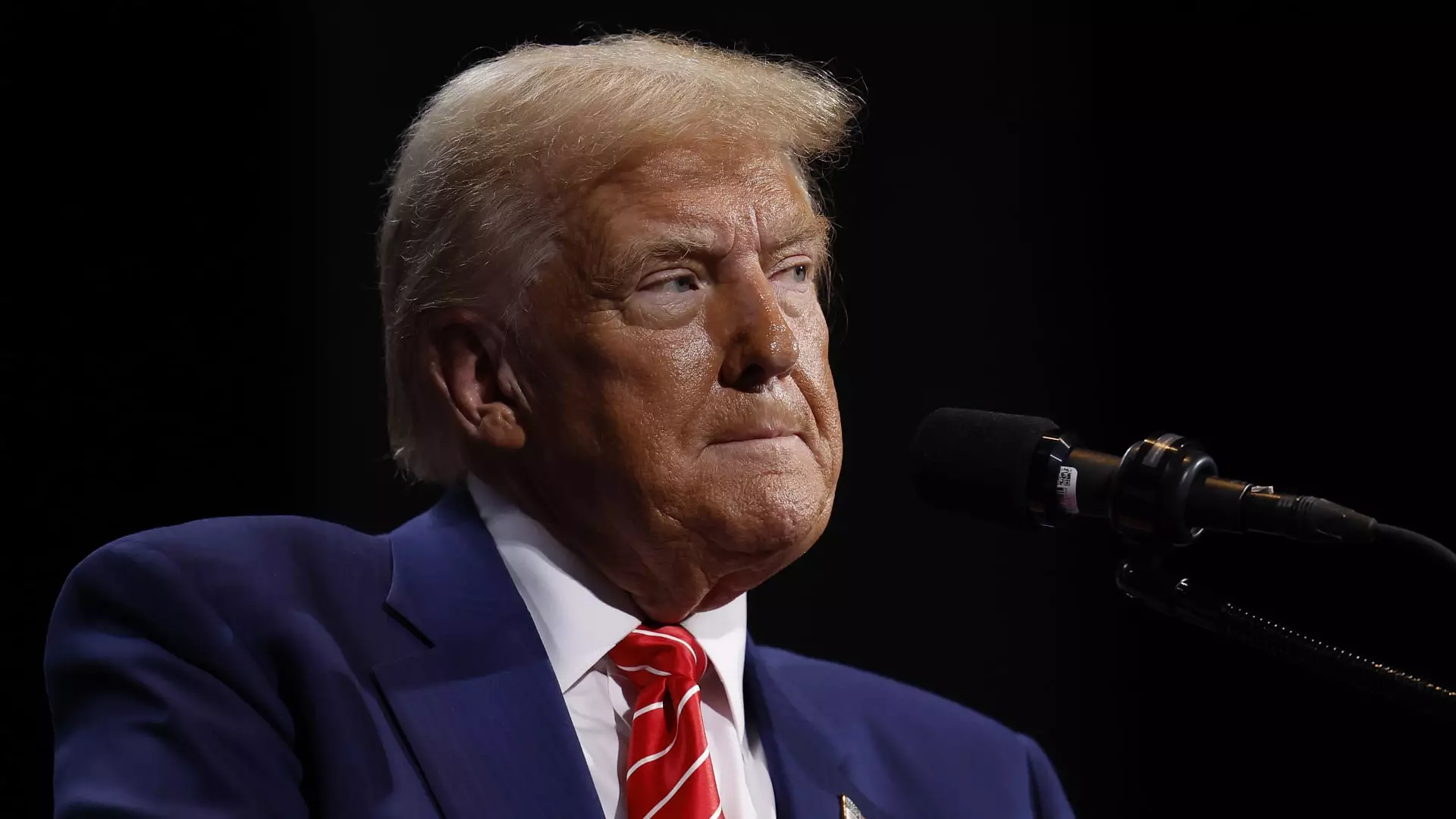In a prominent legal development, five men known as the Exonerated Five—previously wrongfully convicted as teenagers in the infamous Central Park jogger case—have launched a defamation lawsuit against former President Donald Trump. This case serves as a reminder of the deep scars left by systemic injustice and the persistent battle for truth and accountability. The allegations stem from a series of inflammatory statements made by Trump during a recent presidential debate, where he falsely alleged that these men not only confessed to their crimes but also directly caused the death of an individual.
The Central Park jogger case, which originated in the spring of 1989, remains one of the most notorious examples of wrongful conviction in American history. Five African American and Latino teenagers—Yusef Salaam, Raymond Santana, Kevin Richardson, Antron Brown, and Korey Wise—were arrested and convicted based largely on coerced confessions and a flawed investigation that did not adhere to due process. They spent years in prison before new DNA evidence exonerated them in 2002, revealing their innocence.
Over time, the events surrounding their conviction and eventual exoneration have been documented extensively, highlighting the systemic racism and flawed legal practices that led to their wrongful convictions. The men’s journey toward justice did not end with their exoneration; their fight against the stigma attached to their names continues in the present day.
Trump’s Controversial Remarks and Their Implications
In September 2023, during a debate with Democratic nominee Kamala Harris, Trump made headlines by accusing the Exonerated Five of murder and suggesting they had confessed to their guilt. These statements stand in stark contrast to the facts, given that the five men were exonerated and had never pleaded guilty to any charges. The lawsuit highlights these discrepancies, asserting that Trump’s remarks not only defamed the plaintiffs but also propagated a harmful narrative that continues to impact the lives of the Exonerated Five.
The suit is framed around claims of defamation, false light, and emotional distress, seeking damages exceeding $75,000. However, the implications of these statements extend beyond monetary compensation. The type of public discourse Trump engages in contributes to a broader environment of mistrust and misunderstanding regarding the criminal justice system, particularly concerning issues of race and wrongful convictions.
Trump’s campaign has dismissed the lawsuit as a “frivolous” attempt by “desperate left-wing activists” to undermine his presidential campaign. This rhetoric raises questions about the intersection of politics and justice. Are the claims of the Exonerated Five genuinely a legal attempt to seek justice, or could they be perceived as political maneuvering within the charged atmosphere of an election year?
The timing of the lawsuit, amidst campaign season, adds layers of complexity to the narrative. By positioning themselves against a high-profile figure like Trump, the Exonerated Five elevate their case into the public consciousness, igniting debate on civil rights and justice reform. However, this also exposes them to criticism rooted in skepticism regarding the motivations of high-profile defendants in politically charged cases.
The Wider Context of Wrongful Convictions and Accountability
The legal challenges faced by the Exonerated Five are emblematic of broader systemic issues within the criminal justice system in the United States. Wrongful convictions disproportionately affect marginalized communities, and the trauma experienced by individuals who endure such injustice can be lifelong. The plaintiffs consistently advocate for a reexamination of the factors contributing to their wrongful convictions, highlighting issues such as racial bias, coercive interrogation practices, and a lack of comprehensive oversight.
The case against Trump is but one facet of a more significant movement towards accountability in the wake of wrongful convictions. This movement calls attention to the need for policy reforms that bolster the integrity of the legal system, ensuring that such egregious failures do not reoccur.
The legal battle waged by the Exonerated Five against Donald Trump is more than a personal grievance; it is a fight for vindication that resonates with countless others affected by wrongful convictions. As the men push for accountability through this lawsuit, they reaffirm their commitment to justice—not only for themselves but for everyone wronged by a flawed system. Their case serves as a poignant reminder that the struggle for truth and honor continues long after the courtroom doors close, illuminating the ongoing fight against systemic injustice in America.

Leave a Reply